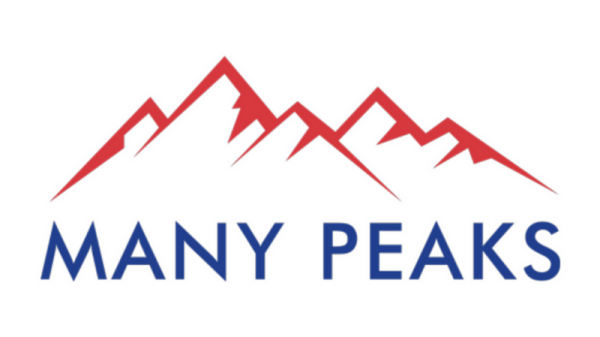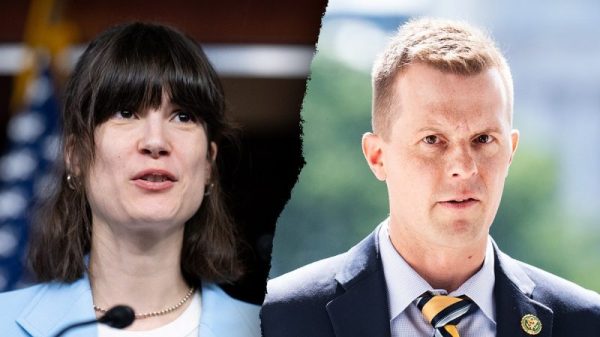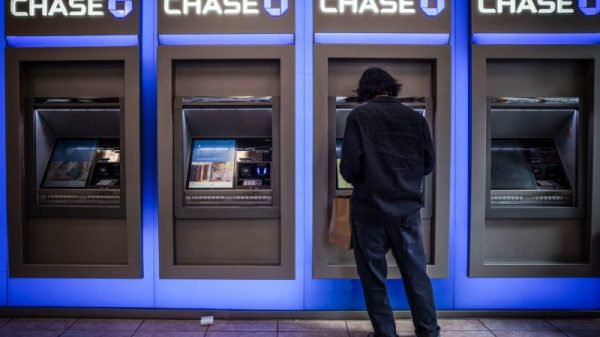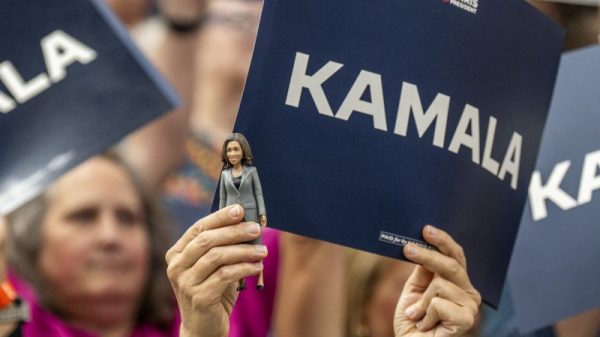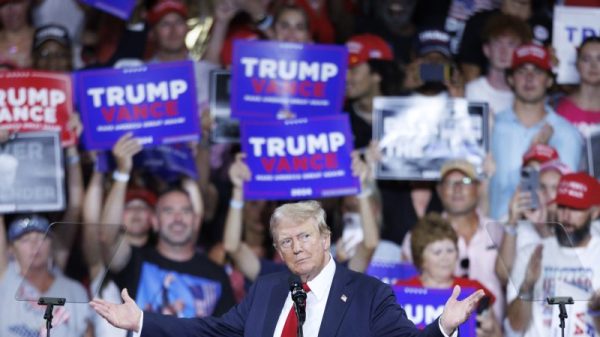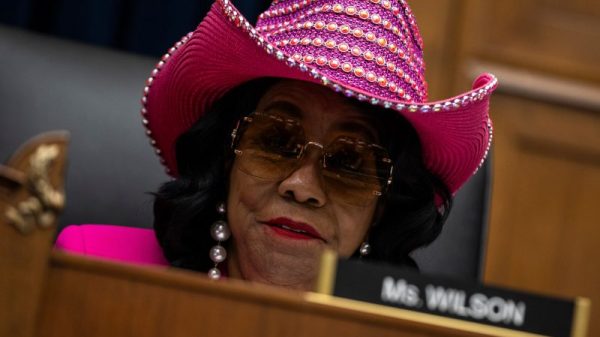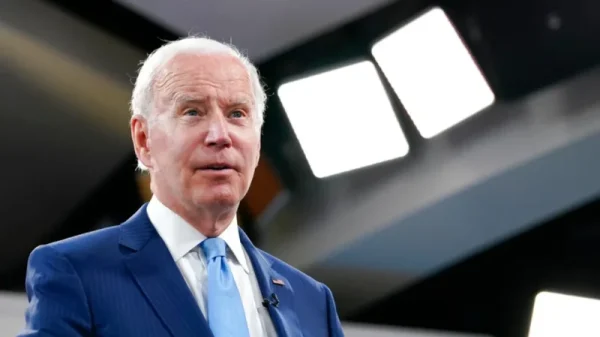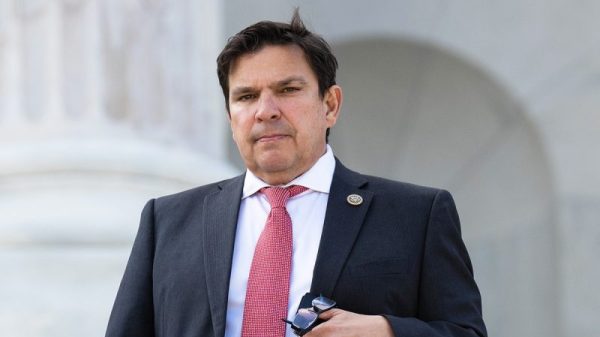A combination of inflation and climbing interest rates seems to be stretching consumers’ balance sheets, but it’s not clear yet whether they’re getting to a breaking point.
Newly released data from WalletHub says U.S. consumers took on $43 billion in additional credit card debt during the second quarter of this year, ending in June. That’s more than triple the average amount of new debt households have taken on in that period since after the Great Recession of 2007-08.
Total credit card debt and debt per household grew by about 8% from the year before, according to WalletHub, a personal finance website. It based its calculations on data from the Federal Reserve and the credit reporting agency TransUnion.
Credit card debt at the average household stood at $10,170 at the end of June. While those balances are rising, the average household has a bit less monthly credit card debt than it did before the coronavirus pandemic took hold in early 2020. Things were also worse before the financial crisis; WalletHub says its all-time high debt reading was $12,412 per household.
Still, the effects of higher interest rates seem clear. The benchmark U.S. interest rate was a little above zero until March 2022, at the end of the first quarter of the year. Then the Federal Reserve began quickly raising interest rates. After the latest hike in July, rates are now in a range of 5.25% to 5.50%, the highest they’ve been in more than 20 years.
That allows credit card companies to charge higher interest rates, making balances tougher to pay off. Data from the St. Louis branch of the Federal Reserve shows credit card interest rates have soared to more than 20%, the highest since the Fed began tracking them in 1994. A year ago, the rate was about 16%.
The big picture
That might all sound bad, but Ryan Boyle, a senior economist in the Global Risk Management division at Northern Trust, says it’s not as concerning as it appears.
‘I see debts as having risen largely as a function of inflation,’ Boyle said. ‘Even though consumers are carrying larger balances, they are earning higher wages that help them to keep pace.’
In other words, Boyle said, credit card spending is definitely up, but it’s not clear that a lot of Americans are having harder times paying off their balances. WalletHub says that credit charge-offs rose almost 12% in the April-June period compared to last year but that the overall rate of charge-offs is just 3.38%.
He added that in the early years of the pandemic, when Congress approved multiple stimulus payments to the public and people were spending much less on travel or dining out, household finances were usually healthy and delinquencies were very low.
But if the overall picture looks decent, there are some important distinctions to keep in mind. Bill Adams, the chief economist at Comerica, said that the combination of rising salaries and slowing inflation has been good for people in working-age households but that many people have spent down the financial cushion they amassed during 2020-21.
‘Pandemic-era savings are largely spent down for most middle-income and lower-income households,’ Adams said.
And another factor might make the increases more painful for some consumers: The pause on federal student loan payments ended Sept. 1. They were paused in March 2020 because of the pandemic, and the hold persisted for 3½ years.
Student loan balances have already begun accruing interest again, and soon, borrowers will be expected to start making regular payments. Adams said that’s going to hurt lower-income borrowers who took federal student loans but didn’t receive degrees, and it might also cut into spending by people who have advanced degrees and earn higher salaries.
Both of those scenarios paint a potentially worrisome economic picture going forward, Adams said.
‘The restart of student loan payments for those higher-income, young and middle-age professionals could be a big drag on consumer spending by that cohort,’ he said.





